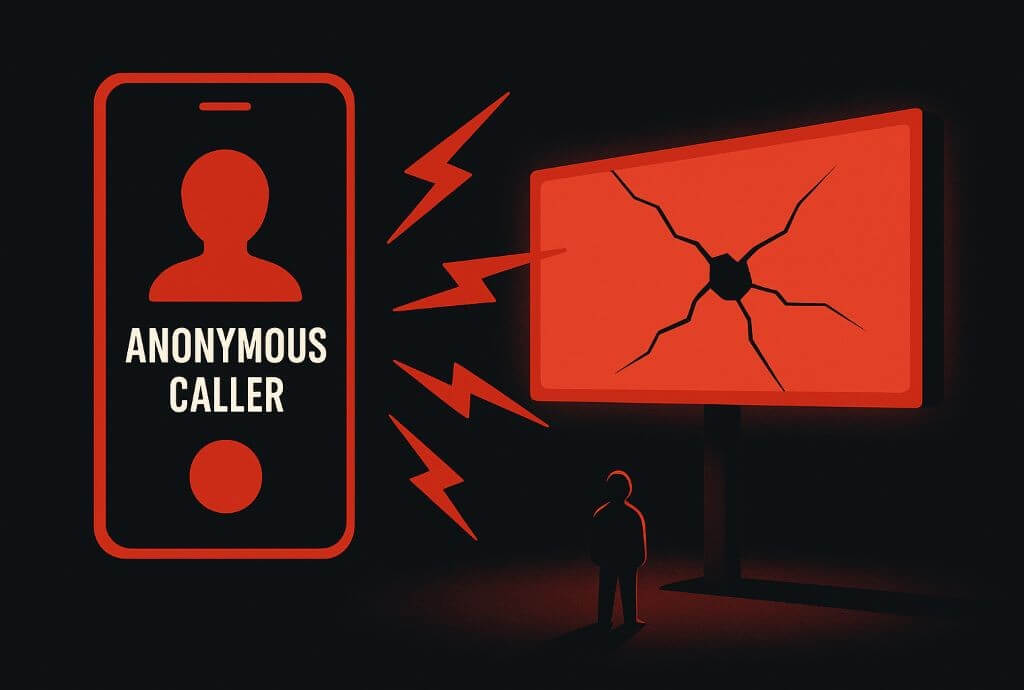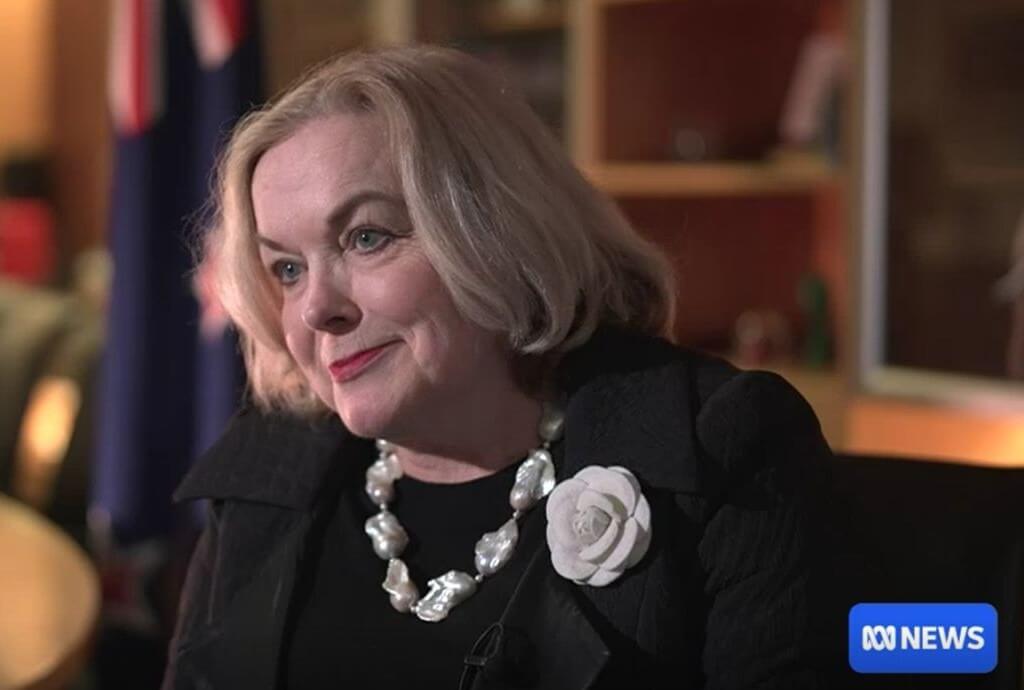In brief
- The NZ Medical Council (MCNZ) enforced strict COVID guidance, curbing doctors’ freedom to discuss alternative views.
- This approach can be likened to historical witch hunts like Salem and McCarthyism.
- A former Council member testified to the “aggressive” punitive atmosphere of the Council.
- The culture of silencing dissent has increased mistrust in New Zealand’s health sector.
The spectre of historical hysteria
The New Zealand Medical Council’s (MCNZ) stance towards doctors’ questions or alternative views on COVID recalls infamous historical episodes of moral righteousness, driven by fervour andcertainty that proved to be excessive.
Salem’s witch trials in the 1690s and McCarthy’s anti-communist trials in the 1950s shared in common a fear of “otherness” or perceived threat to societal order and cast suspicion on anyone with alternative beliefs. Similarly, the MCNZ condemned dissenters with comparable zeal over enforcement of their Guidance Statement creating a climate of rigid conformity.
Guidance or decree?
The MCNZ issued a directive that doctors support the COVID vaccine and refrain from promoting alternative treatments. Public messages from the government reassured citizens they would receive unbiased advice from health professionals. Yet, the MCNZ directive effectively restricted the dialogue doctors could have with their patients. Here, the Council’s control over medical speech begins to resemble the iron grip seen in McCarthy’s infamous “Red Scare.”
During McCarthyism, a mere association with an alternative view could lead to professional ruin. For some, merely exploring treatment alternatives became grounds for disciplinary action. Doctors who discussed COVID risks or proposed options like Vitamin D found themselves in the MCNZ’s crosshairs.
By enforcing “guidance” that discouraged debate, the MCNZ introduced fear and mistrust into the medical profession. It had to have also added to the public’s mistrust.
Richard Aston, a former Council member, testified about the punitive atmosphere, likening the response to dissent as “aggressive and disturbing.”
Stifling dissent through conformity
In Salem, innocuous traits were twisted into “evidence” of witchcraft. Under McCarthy, everyday conversations were grounds for suspicion. For MCNZ, the “evidence” was often no more than doctors’ emails or public comments raising concerns over the government’s COVID approach.
Even routine practices perceived as showing doubt left doctors subject to disciplinary action by the Council. An example is requesting a D-dimer blood analysis. This test has existed for decades to assist with finding blood clots. Yet, prescribing that test could subject the wrong doctor to harassment. This is because some thought the D-dimer test may help identify a health problem caused by the COVID vaccine.
Aston described a culture shift where council members would mock dissenters as “tin foil hats” and conspiracy theorists, dismissing valid ethical questions regarding human rights or informed consent issues.
The Council’s shift recalls how societies in past rationalised group think to ensure conformity. This includes responses to health threats over the centuries, including self whipping as a defence to the Black Plague. While no one would suggest this level of ignorance exists today, there are similarities.
Consequences of unchecked certainty
Public hysteria fuelling reckless accusations and the certainty of one “truth” left a legacy of regret in Salem and Washington.
While it is difficult to measure the MCNZ’s exact influence on overall trust levels, its actions during the pandemic align with the types of actions shown to “erode trust in government and provoke more resistance” to public health measures. The resultant trust issues have contributed to increased vaccine hesitancy and a decline in preventive care, while worsening the health workforce’s existing skill shortages.



















